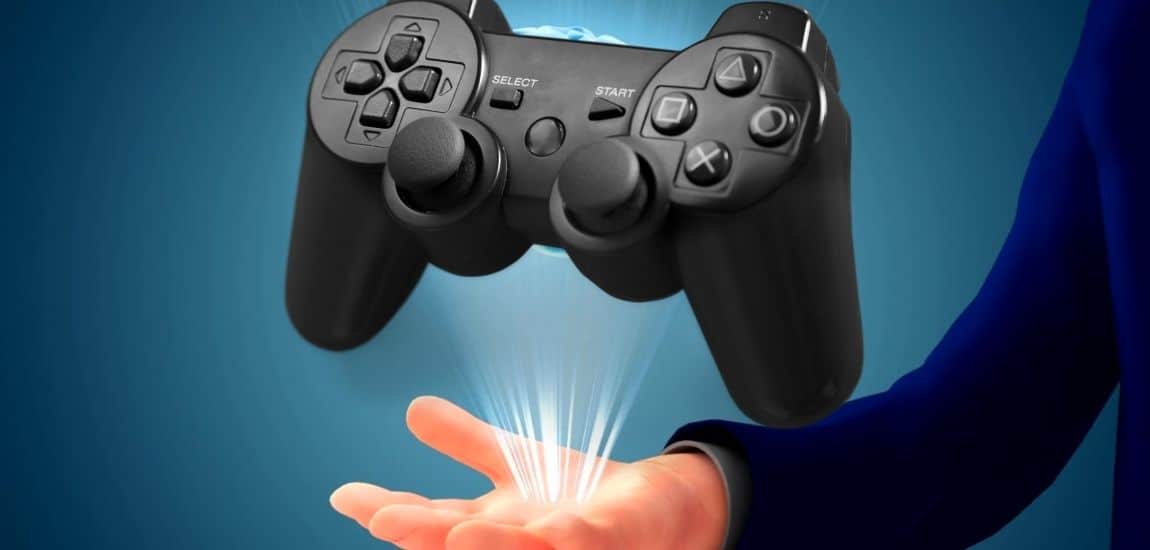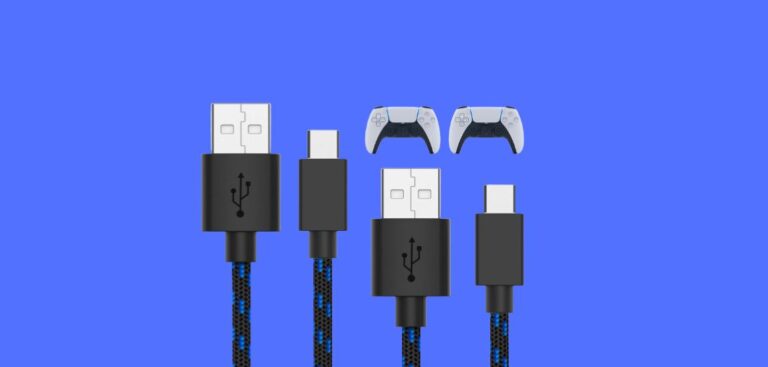What Are Controllers in Control System
Controllers are the silent orchestrators behind the scenes of a control system, playing a pivotal role in determining the behavior and performance of various processes. Imagine a conductor leading an orchestra – controllers perform a similar function in control systems, guiding the system’s response to external influences and ensuring it operates optimally. In this article, we’ll delve into the world of controllers, understanding their types, components, working principles, applications, advantages, challenges, and future trends.
Understanding Controllers
Controllers, in the context of control systems, are devices or algorithms responsible for regulating the output of a system to maintain desired behavior. They process information from sensors, compare it to a reference value, and generate appropriate control signals to actuate the system. Three primary types of controllers form the backbone of control systems: Proportional, Integral, and Derivative.
Components of Controllers
A typical controller comprises several components that work in harmony to achieve the desired outcome. Input sensors monitor the system’s state and provide data to the controller. Error detectors calculate the difference between the desired reference value and the current state, known as the error signal. Actuators receive control signals from the controller and initiate changes in the system. The feedback loop closes the circuit, enabling the controller to continually adjust the system based on its performance.
Working Principles of Controllers
Proportional Control: This type of controller modulates the output based on the magnitude of the error signal. Larger errors result in more significant adjustments, contributing to faster response times but potentially leading to overshoot or instability.
Integral Control: Integral controllers address accumulated errors over time. They continuously adjust the output to eliminate steady-state errors, ensuring that the system converges to the desired state.
Derivative Control: Derivative controllers anticipate future errors by analyzing the rate of change of the error signal. They dampen oscillations and enhance stability, particularly in systems prone to rapid changes.
Applications of Controllers
Controllers find diverse applications across industries:
- Industrial Automation: Manufacturing processes, chemical plants, and assembly lines benefit from precise control to optimize efficiency and quality.
- Robotics: Robots use controllers to navigate, manipulate objects, and interact with their environment.
- Automotive Systems: Controllers manage engine performance, stability control, and anti-lock braking systems for safer and more efficient driving.
- Aerospace Industry: Aircraft rely on controllers for flight control, navigation, and autopilot systems.
What Are the Advantages of Controllers in Control System
Controllers offer several advantages:
- Enhanced System Stability: Controllers maintain system stability in the face of disturbances, preventing undesirable behavior.
- Improved Accuracy and Precision: Precise control minimizes errors and ensures consistent performance.
- Faster Response to Disturbances: Controllers enable rapid adjustments, reducing the impact of external changes on the system.
What Are Challenges in Controllers Design in Control System
While controllers offer significant benefits, they also present challenges:
- Tuning for Optimal Performance: Designing controllers that provide optimal performance across varying conditions requires careful tuning.
- Dealing with Nonlinear Systems: Nonlinearities can complicate controller design, requiring sophisticated approaches to handle complex behaviors.
- Addressing Time Delays: Time delays between sensing, processing, and actuation can lead to instability and reduced control effectiveness.
What Are Tuning Methods Controllers in Control System
Controller tuning is a critical process to achieve desired performance:
- Trial and Error: Iteratively adjusting controller parameters and observing the system’s response to find optimal settings.
- Ziegler-Nichols Method: A systematic approach involving step tests to determine proportional, integral, and derivative parameters.
- Model-Based Tuning: Using mathematical models to simulate system behavior and tune controllers for optimal results.
Future Trends in Controller Technology
The future of controller technology holds exciting possibilities:
- Adaptive and Learning Controllers: Controllers that adapt to changing conditions and learn from experience, improving performance over time.
- Integration of AI and Machine Learning: Utilizing AI algorithms to enhance controller intelligence and decision-making capabilities.
- Networked Control Systems: Controllers interconnected through networks for real-time data sharing and coordinated control.
Conclusion
In the intricate dance of control systems, controllers emerge as the choreographers, orchestrating harmonious interactions between systems and their environments. Their ability to maintain stability, precision, and responsiveness across various applications underscores their significance. As technology evolves, controllers will continue to evolve, embracing adaptive, intelligent, and interconnected capabilities, shaping the future of control systems across industries.
FAQs (Frequently Asked Questions)
What is the main function of a controller in a control system?
Controllers regulate the output of a system to achieve desired behavior by processing information, comparing it to a reference, and generating control signals.
How do proportional, integral, and derivative controllers differ?
Proportional controllers adjust output based on error magnitude, integral controllers address accumulated error, and derivative controllers anticipate future error changes.
Why are controllers essential in industrial automation?
Controllers optimize efficiency and quality by precisely controlling manufacturing processes and assembly lines.
How do controllers contribute to aerospace advancements?
Controllers play a vital role in flight control, navigation, and autopilot systems, enhancing aircraft performance and safety.
What challenges arise in controller design for nonlinear systems?
Nonlinearities complicate control design, requiring advanced methods to manage complex behaviors and ensure stability.
Last Updated on 11 February 2024 by Ray Imran

Controller Review, founded by Ray Imran, is a premier online platform delivering comprehensive insights and unbiased reviews of gaming controllers and peripherals. Established in 2023, it has grown into a trusted resource, guiding gamers and tech enthusiasts with rigorous testing and up-to-date information about the latest gaming innovations.







